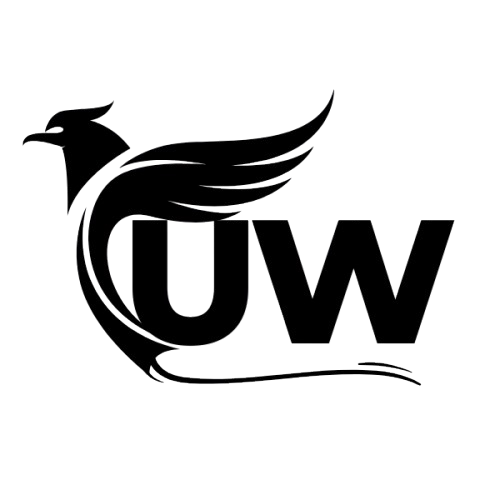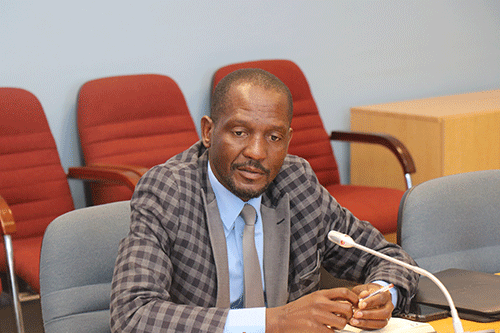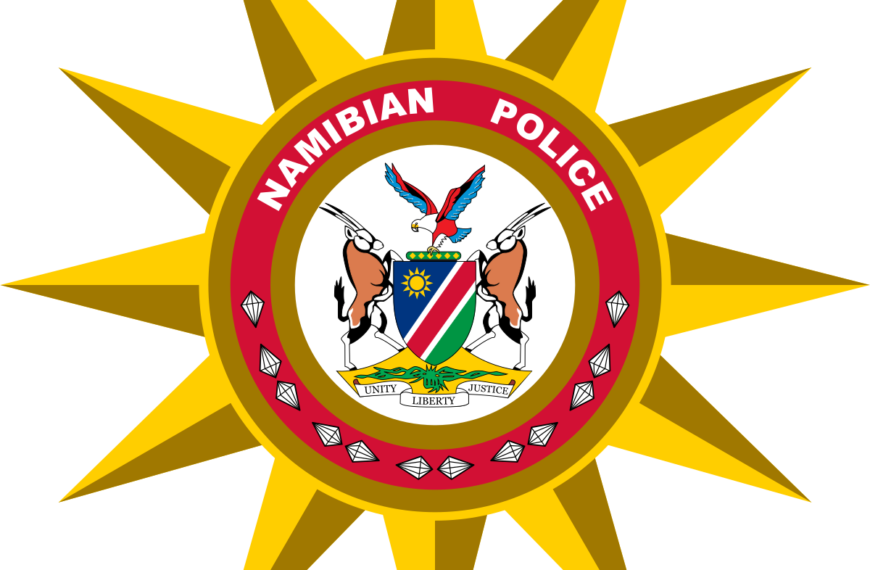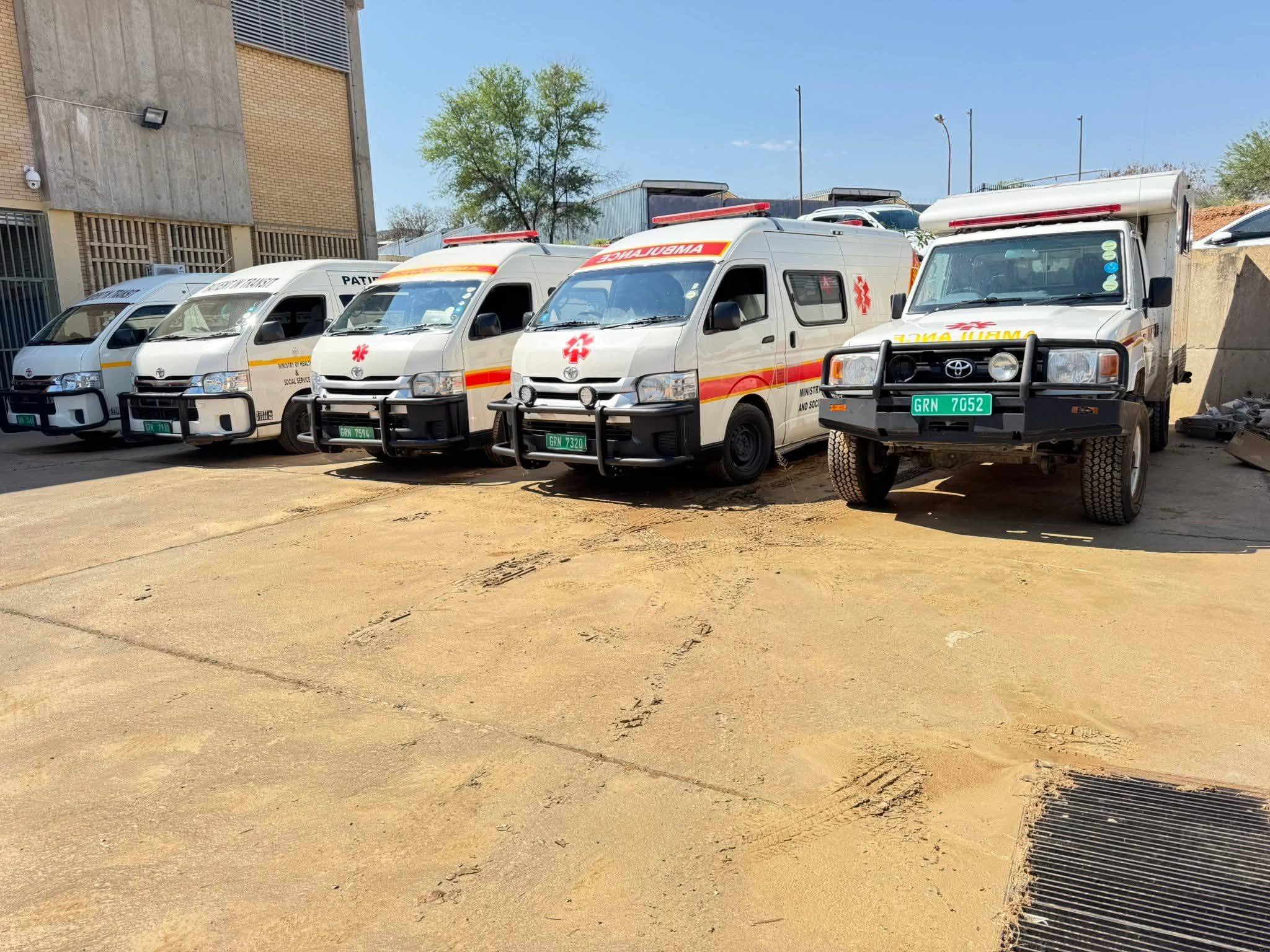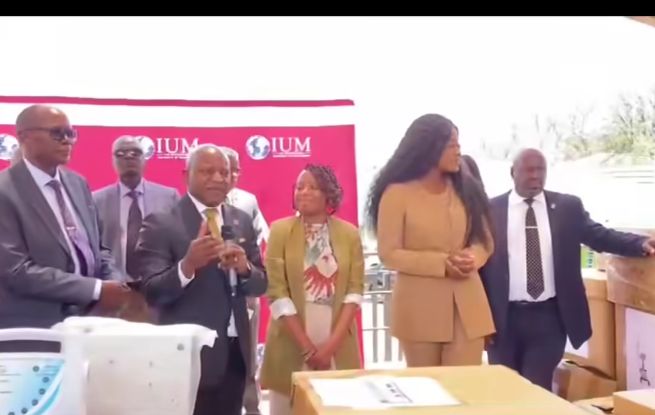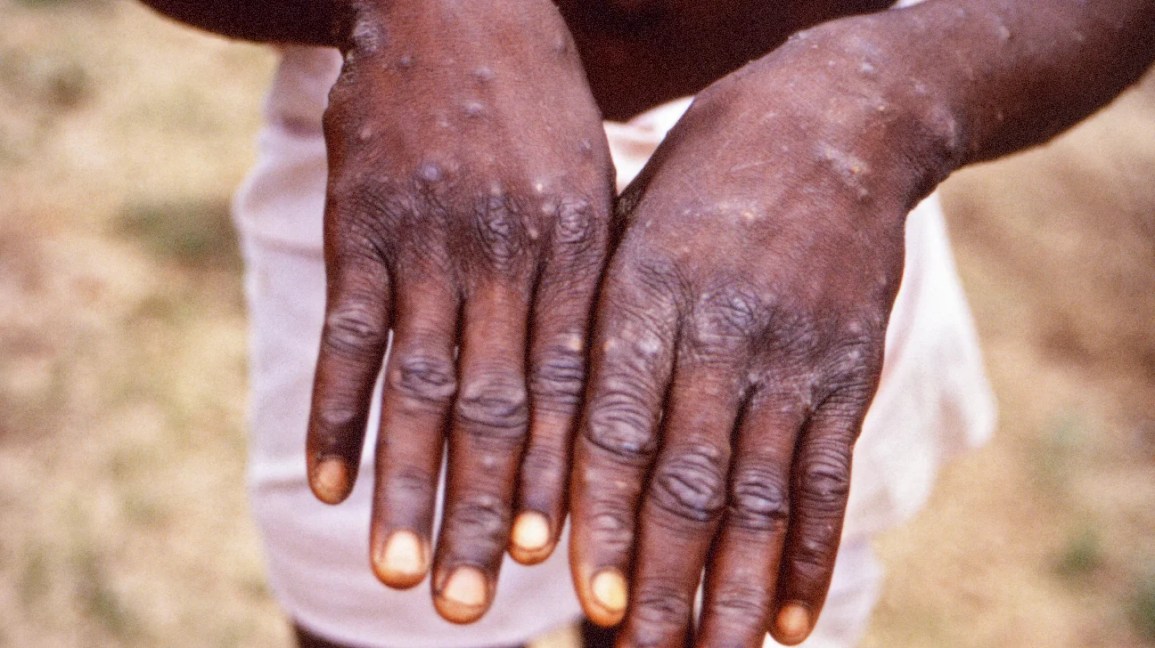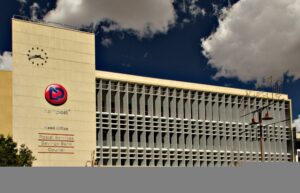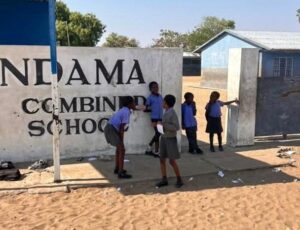
Investigations have revealed that contaminated water was the most likely cause of the food poisoning incident that affected 125 learners at Maria Mwengere Secondary School Hostel in the Kavango East Region late last month.
Minister of Education, Innovation, Youth, Sports, Arts and Culture, Sanet Steenkamp, confirmed the findings during a media briefing, saying water tests from the hostel’s storage tanks revealed unsafe chlorine levels of 2.2 mg/L and visible discolouration.
“In the absence of any formal communication to the school to stop the usage of water from the contaminated tanks, the contaminated water is possibly the primary contributor to the outbreak,” Steenkamp said.
The incident occurred on 31 August 2025, and came to light the following day after reports circulated on social media of learners being rushed to Rundu State Hospital with suspected food poisoning.
Out of the 125 affected learners, 33 were admitted for treatment, 36 kept under observation, and two required high care before stabilising. All affected learners have since recovered.
A joint investigation by officials from the education ministry, the Ministry of Health and Social Services, NamWater, the Namibian Police, and regional stakeholders confirmed the contamination.
Steenkamp said the ministry “sincerely regrets” the incident and has introduced urgent interventions, including the replacement of the contaminated water tank with two 10,000-litre elevated tanks, strict hygiene and waste management protocols, and the repair of hostel cold room facilities.
She clarified that while the hostel cold room has been non-functional for 2–3 years causing frequent spoilage of perishable goods this was ruled out as a cause. Similarly, food suppliers were cleared, though some learners had raised concerns that undercooked sausages served on 25 August may have contributed.

